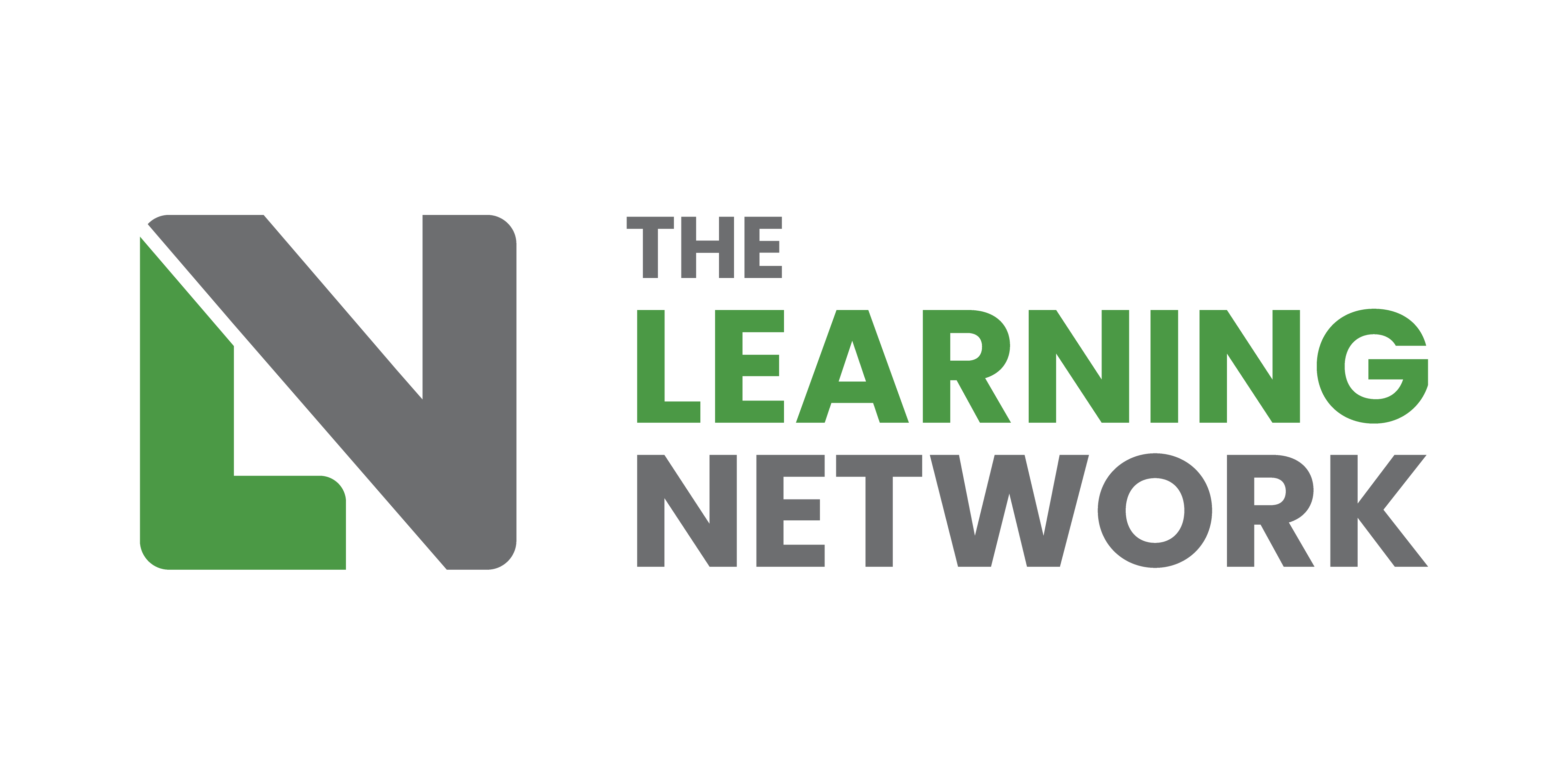At our forthcoming conference, in London on 11th November, keynote speaker Pedro De Bruyckere is promising to reveal the shortcomings and misguided assumptions surrounding some of our most dearly held learning theories including 70-20-10, problem based learning, learning styles and digital natives. De Bruyckere, who has a strong reputation as a witty and amusing speaker, is also co-author of the best sector selling book Urban Myths about Learning and Education which critically examines 35 common beliefs about how we learn, including learning styles, digital natives, 70-20-10 and left and right brain thinking. This will be his first appearance at a UK major learning & development conference. Commenting on his keynote, Pedro explains: “Using multimedia and technology for learning can have great possibilities, but it’s often difficult to tell myths from truth. I’m hoping that to debunk some of the more popular wrong theories about technology and learning and at the same time offer some of evidence-based insights that actually do work.”
I would suggest that what really matters here is not whether we agree with him. More it is whether we can use his comments and ideas to build upon what we already have. Theories about digital natives and 70-20-10 learning need to be continually updated and refined if they are going to keep providing us dividends. Ideas only become science when they are questioned, re-examined, proved and improved. That’s what Pedro and his fellow authors have been doing in his latest work which makes it ideal for a conference keynote looking at how we may change the world of learning using technology.”
De Bruyckere is one of two leading sector authors that have been tempted to speak at the conference. The other, Clive Shepherd, needs little introduction to British audiences. He has an excellent history of questioning long held beliefs and quantum. His new presentation “Closing the digital learning skills gap” will, as always, create much discourse and discussion. Which is of course exactly what we need. Clive explains: “New technology has the potential to transform learning and development in organisations, yet we are taking pitifully little advantage of the opportunities available. One of the primary causes for our slow progress is the lack of digital skills in the learning and development community. I’ll be looking at the six roles in digital learning and the steps we need to take to bridge the gap.” It takes a brave man to criticise another person’s digital skills. I suspect it comes just after religion, spouses and driving skills on the list of things to avoid giving advice on. I can’t wait to hear what he has to say.
The eLearning Network’s biggest ever conference ‘Beyond Click Next’ will be held at the trendy 15 Hatfields, London on 11 November, open to members and non-members alike. The full programme and sign-up for the conference can be found here.
Martin Belton


